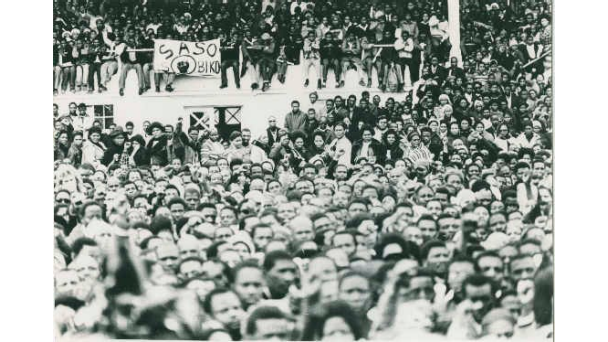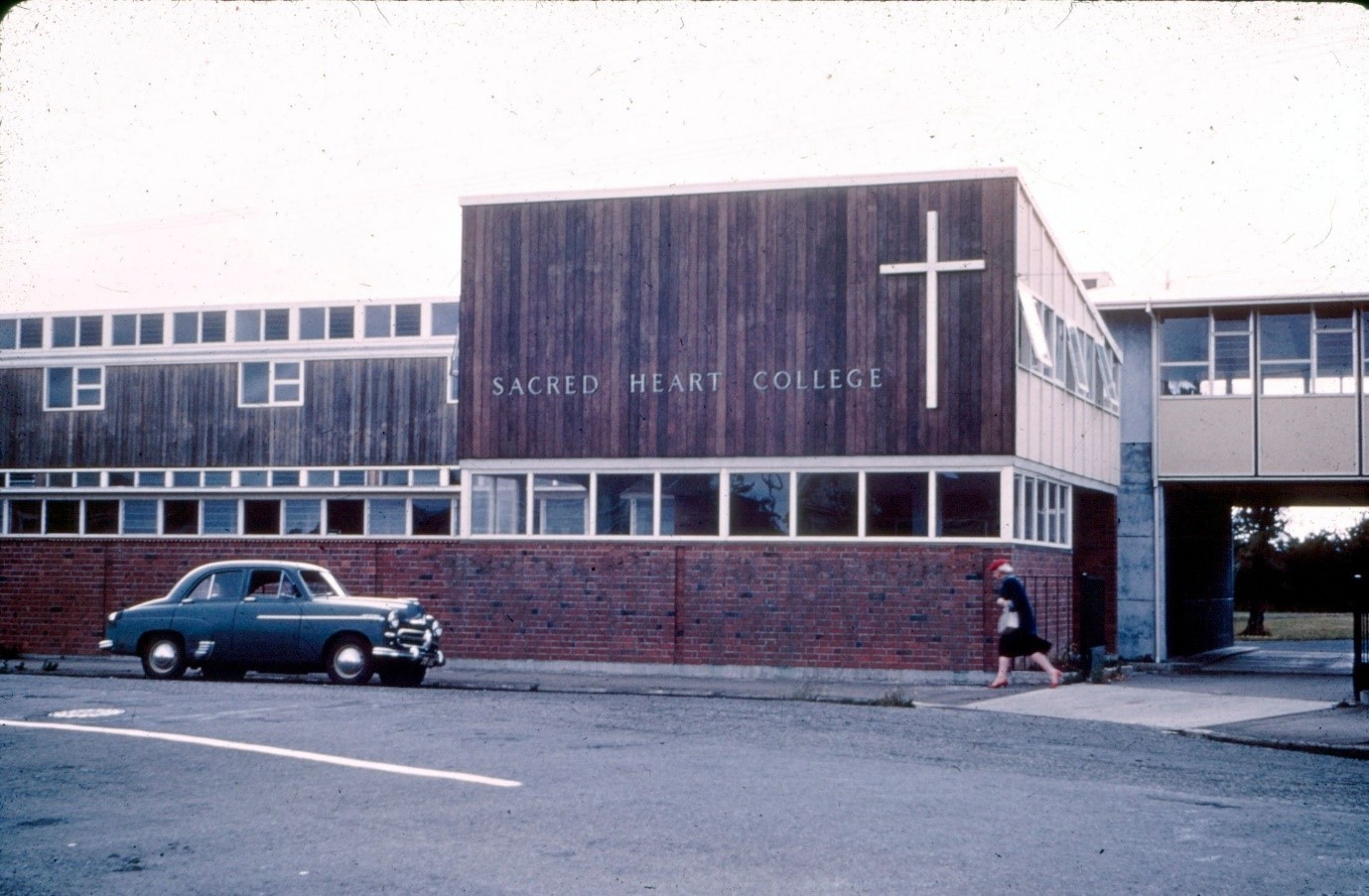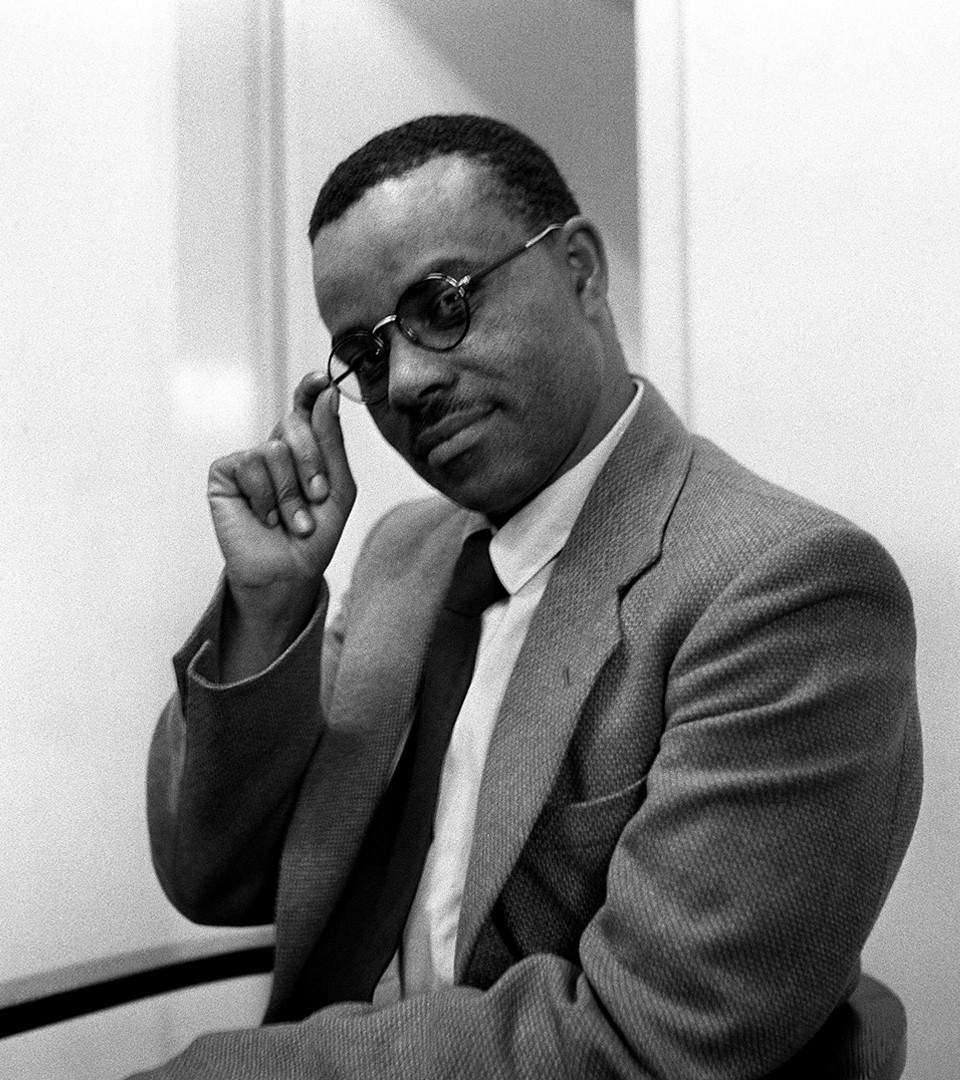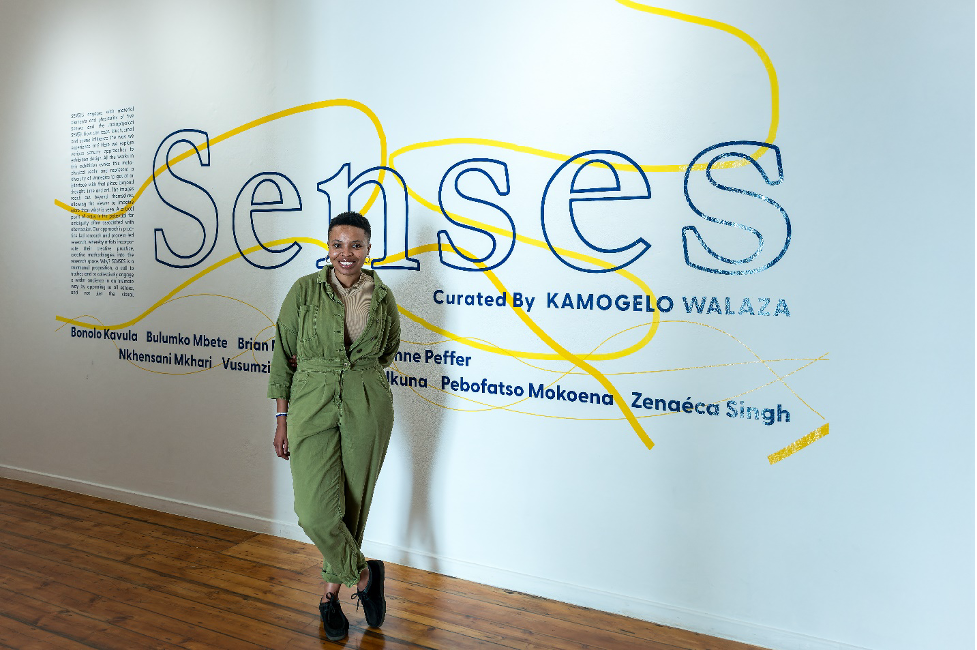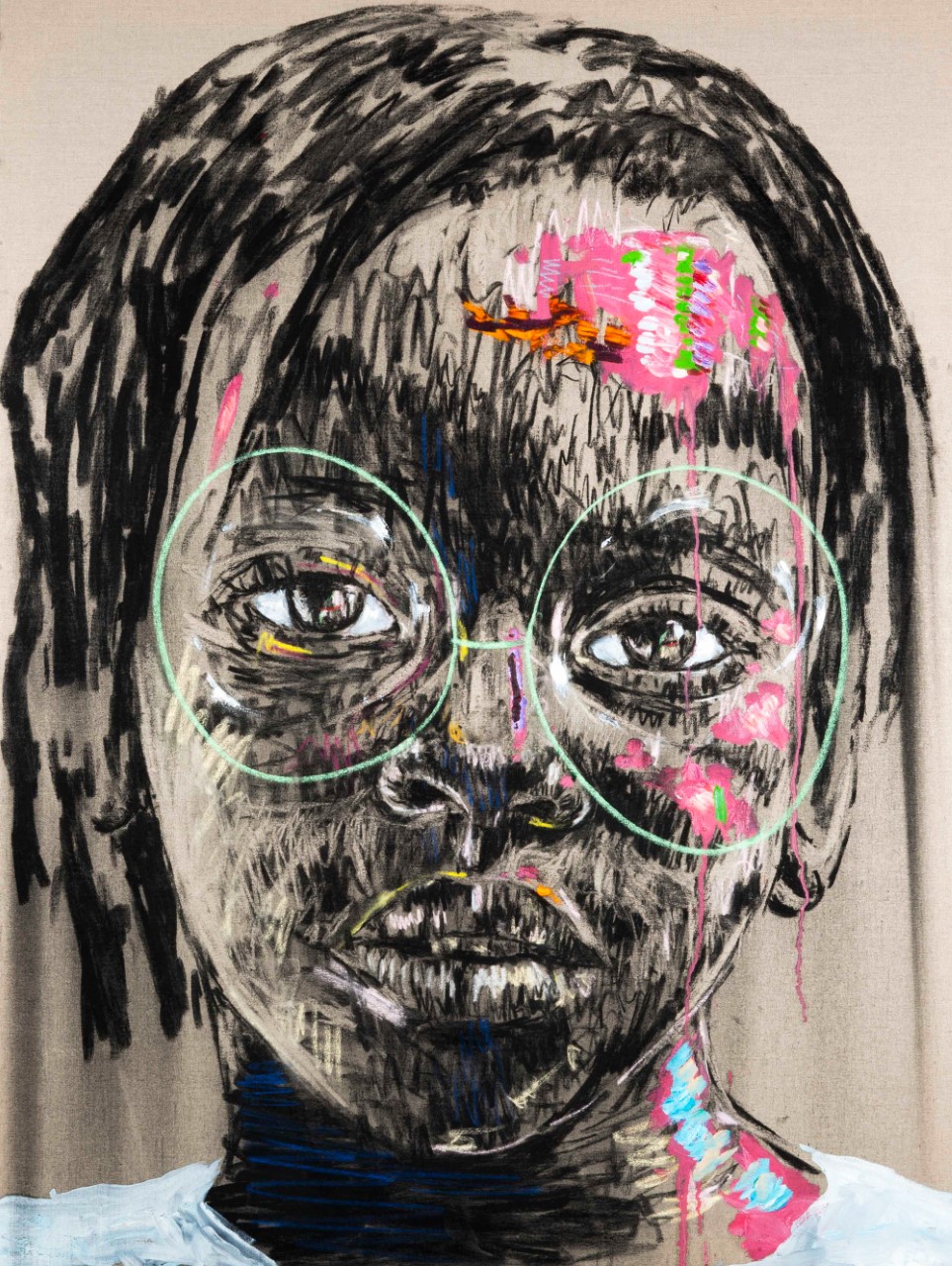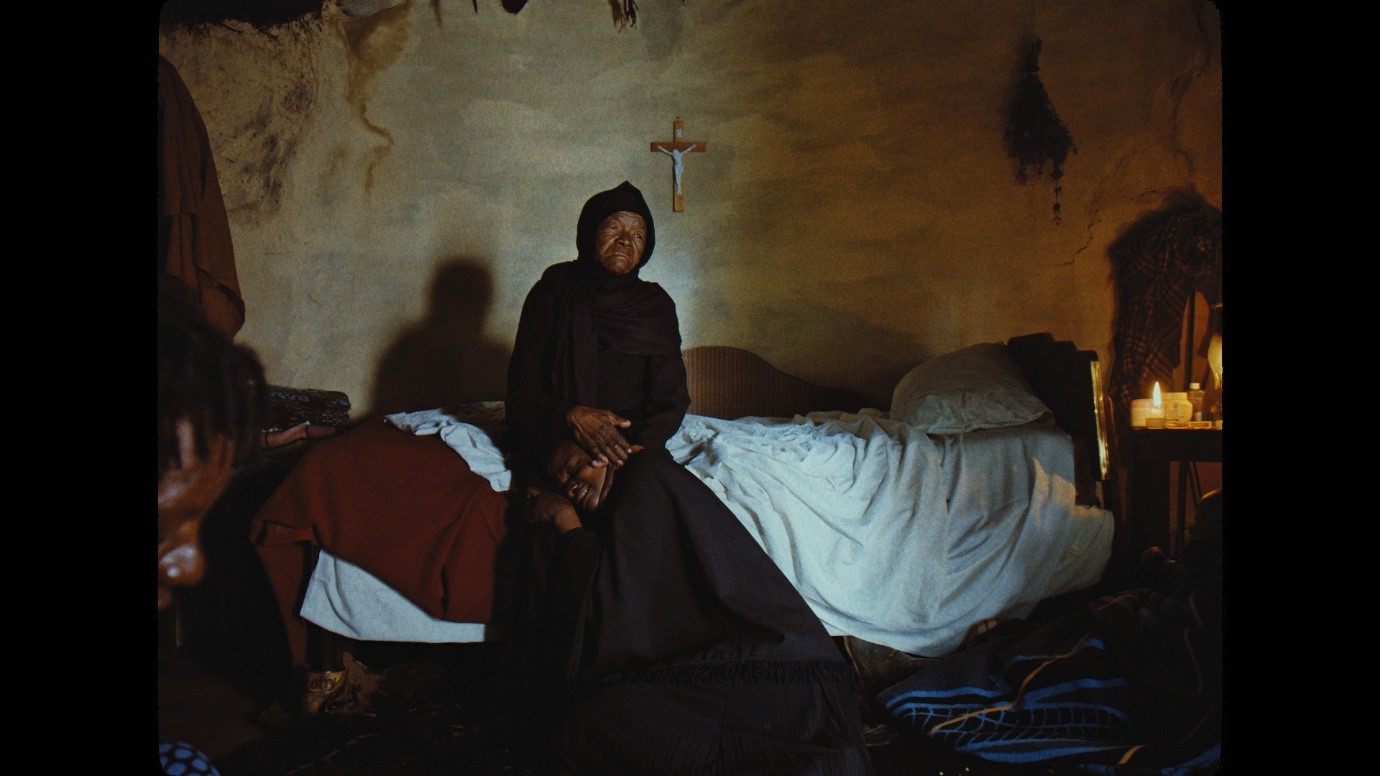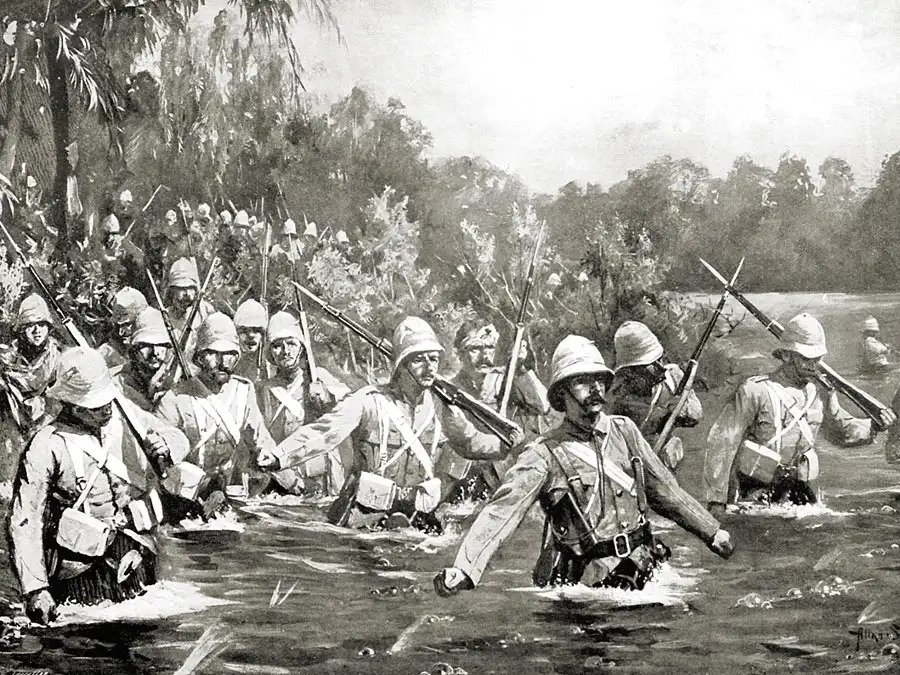It is no use detailing, what transpired 44 years ago on 19th of October 1977, under the misleading title of ‘Black Wednesday’, instead of ‘Black Solidarity Day’. On the aforesaid date 19 (from a grand total of 33) Black Consciousness Movements (BCM) alongside certain independent media were crudely banned, under Terrorism Act, No. 83 of 1967, by Minister of Justice and Police Jimmy Kruger (1917-1987). A sample list of the banned organizations, included the Black People’s Convention (BPC), South African Student Organization (SASO) and the Union of Black Journalists (UBJ). The banned press, namely included The World Newspaper and the Weekend World, both were edited by Percy Qoboza (1938-1988) and alas the Christian newsletter Pro Veritate, led by the Anti-Apartheid activist and cleric Beyers Naude (1915-2004). Minister Kruger was then, in the cabinet of the conservative National Party (NP), under Prime Minister John Vorster (1915-1983). The rationale for the aforesaid bans, was due to the perceived threat of swart gevaar (danger of conscioutised ‘blacks’), expressed through media freedom. The latter was quelled, thanks to laws consistent with the policy of Apartheid. A political lull existed after the earlier bans of the Pan-African Congress (PAC) and the African National Congress (ANC), on 8th of April 1960. Amongst others this lull led to the founding of SASO in 1968, which thrust Steve Biko (1946-1977) as the eminence grise of BC, to the forefront of the political struggle, in South Africa. Biko’s leitmotif prioritized a common humanity.
To appreciate Biko’s revolutionary life, readers may seek for these books, Millard Arnold’s edited book The Testimony of Steve Biko (1978), Oxford educated Anglican Priest Aelrod Stubbs’s edited speeches of Steve Biko I Write What I Like (1978), Independent scholar Lindy Wilson’s A Jacana Pocket Biography of Steve Biko (2011), Sociologist Xolela Mangcu’s Biko: A Biography( 2012), Psychologist Derek Hook’s compiled essays on Steve Biko (2014), as part of the Voices of Liberation Series, then Biko Lives (2008) edited by scholar-activist Andile Mngxitama et al and alas The Black Consciousness Reader (2017), edited by Baldwin Ndaba et al. Tragically Biko’s struggle for a non-racial and egalitarian society, is absurdly still pending four decades post his ruthless homicide.
The significance of the 19th of October 1977 ban, may however regrettably be diminished, when chroniclers recall it, under the problematic reference of ‘Black Wednesday’. ‘Black Wednesday’, was coined by the Apartheid regime’s propaganda apparatus, at the expense of the BC’s preferred ‘Black Solidarity Day’. The same applies to what BCM’ adherents have assiduously expressed, as their vehement refutation, to the enforced name of South Africa. Their consistent admonishing, about ‘occupied AZANIA’ since the 31st of May 1910, cannot be denied. For the record AZANIA is a name, introduced into South Africa’s lexicon, by affiliates of PAC, after 6th April 1959 in Orlando, Soweto. The Azanian People’s Organization (AZAPO), subsequently echoed the same since their advent on 28th April 1978, in Roodepoort. In short in their quest to ‘becoming worthy ancestors’ ( as drawn from Xolela Mangcu’s book (2011) of the same title), adherents of BC’s coinage of AZANIA, was just as important, as that of ‘Black Solidarity Day’.
To thwart doubting Thomas’s aopropos the above assertion, here is a Facebook post (uploaded on 18th of October 2021 at 10.06pm), by Tiyani Lybon Mabasa, a veteran BCM leader. Mabasa’s leadership roles, include having served as a former Executive Member of the BPC, since 1976 (while teaching in Soweto), being one of AZAPO’s proponents since its inception. His displeasure alongside other AZAPO veterans, such as past editor of the SASO Newsletter Strini Moodley (1945-2006) et al of the then AZAPO President Mosibudi Mangena’s leadership, led to their split and birth of the Socialist Party of Azania (SOPA) on 21st March 1998. SOPA’s website reflects Mabasa, as its incumbent president.
To thwart doubting Thomas’s apropos the above assertion, here is a Facebook post (uploaded on 18th of October 2021 at 10.06pm), by Tiyani Lybon Mabasa, a veteran BCM leader. Mabasa’s leadership roles, include having served as a former Executive Member of the BPC, since 1976 (while teaching in Soweto), being one of AZAPO’s proponents since its inception. His displeasure alongside other AZAPO veterans, such as past editor of the SASO Newsletter Strini Moodley (1945-2006) et al of the then AZAPO President Mosibudi Mangena’s leadership, led to their split and birth of the Socialist Party of Azania (SOPA) on 21st March 1998. SOPA’s website reflects Mabasa, as its incumbent president.
Mindful of the latter, it was thus a missed opportunity, to realize the conspicuous amnesia by some contemporary BC members, regarding the preferred coinage of this day. To that end three recent informative articles, penned by three political struggle stalwarts and astute essayists bear reference. The three selected articles, were published in the Sunday Independent of the 17th of October 2021 and Sunday World of the 24th October 2021. The initial article by Independent Journalist Oupa Ngwenya, was entitled The Struggle against forgetting (pg. 9). Ngwenya’s article was thematically featured, under the headline of ‘Black Wednesday’. The second article was penned by former Robben Island prisoner and Clinical Psychologist Saths Cooper, on the first page of the Sunday Insider edition, entitled Black Consciousness: ‘The Spark that Lit a Veld Fire across SA’. Cooper’s article was preceded, by these words “Black Wednesday signified the apartheid regime’s response to our commitment to liberation and the freeing of our minds”. The third article was written by contemporary Anglican priest Jo-Mangaliso Mdhela, under the heading Black Wednesday: Rise of Liberation journalism. All three of these veterans, disappointingly squandered the opportunity, to directly refer to ‘Black Solidarity Day’.
The deception of the aforesaid titles, are worrisome and need correcting. The agency of BC adherents such as Mabasa et al, in naming their various political struggles should not be downplayed. Members of the littérateurs club in South Africa, are urged to assist in respecting the BCM’s coinage of ‘Black Solidarity Day’ and cease their misleading usage of ‘Black Wednesday’. Shangu Lashu!!!
Dr. Tshepo Mvulane Moloi
Postdoctoral Research Fellow
Johannesburg Institute of Advanced Study

